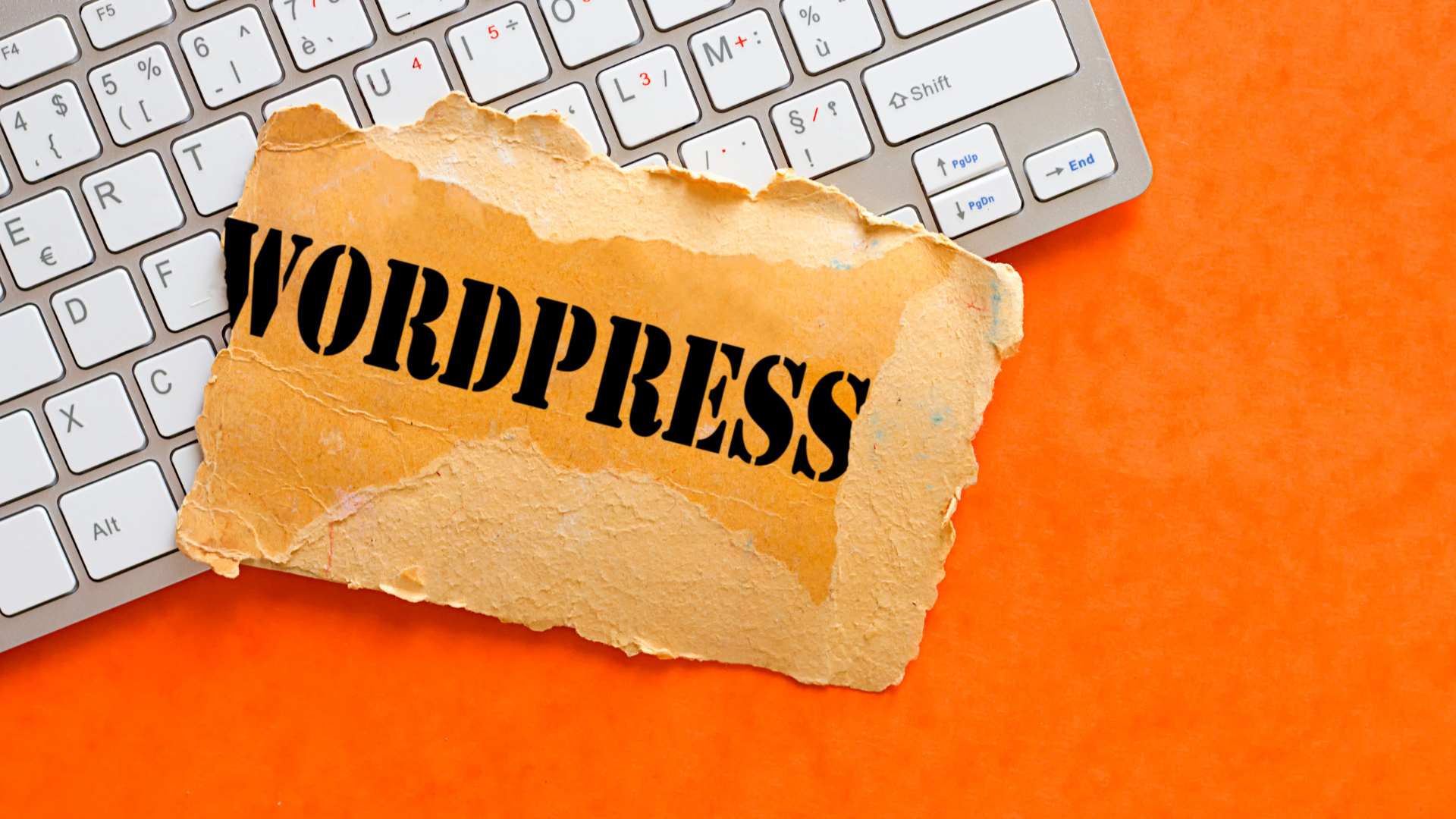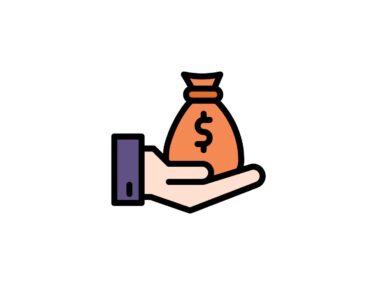How do industry experts view the future of WordPress, particularly in light of Matt Mullenweg’s recent expressions of confidence in its continued growth?
Is the platform poised for continued dominance, or are there factors that could threaten its position?
To answer these critical questions, we turned to those with deep knowledge of the digital landscape.
In this post, we’ve compiled insights from leading SEO professionals, business leaders, and digital enthusiasts.
We asked them to directly address Mullenweg’s optimistic outlook, sharing whether they share his confidence and providing detailed explanations for their positions.
Their responses offer a valuable and practical perspective for anyone relying on WordPress or considering its adoption.
Read on!
Cautiously Optimistic About WordPress's Future
I see where Matt Mullenweg’s confidence comes from–WordPress remains the dominant CMS, powering over 40% of the web–but I think its growth faces real challenges. While its flexibility and massive ecosystem keep it relevant, platforms like Webflow, Framer, and even AI-driven site builders are gaining traction, especially among non-developers who want simplicity without the plugin-heavy maintenance.
That said, WordPress thrives in scalability, customization, and open-source adaptability. If it continues evolving–improving UX, performance, and security–it can maintain dominance. But ignoring competition from no-code and AI-driven platforms could slow its momentum. So, I’m cautiously optimistic but not blindly confident.

Patric Edwards
Founder & Principal Software Architect, Cirrus Bridge
WordPress's Versatility and Community Drive Growth
Absolutely. WordPress is so widely used and continues to grow because it’s incredibly versatile. It’s a great fit for 90% of the projects we do, and clients love using it. The huge plugin marketplace is a major advantage, allowing businesses to add functionality without needing extensive custom development. The open-source nature of WordPress also means there’s a massive global community contributing to its ongoing improvement, which keeps it relevant and evolving.
That said, it’s not without its downsides. It’s still resource-hungry for what it does, and ideally, it would be more lightweight. Performance can be an issue, especially when sites become overloaded with too many plugins or poorly optimized themes. Security is another factor–because WordPress is so widely used, it’s also a bigger target for attacks. But with the right setup, optimization, and security measures, these issues can be effectively managed.
For Webheads, WordPress is a foundation–we don’t just install a theme and call it a day. We custom-build and design on top of it to ensure our clients get the best performance, branding, and user experience. Templates are fine for some, but they don’t give the flexibility or uniqueness that businesses need to stand out. With a custom WordPress build, we get the best of both worlds: a solid, well-supported CMS with the ability to tailor every aspect to the client’s needs.
So yes, I share Matt Mullenweg’s confidence. WordPress isn’t going anywhere, and as long as it keeps evolving–becoming more efficient, more secure, and more adaptable–it will remain the leading choice for businesses, developers, and agencies alike.
Jm Littman
CEO, Webheads
Balancing Modernization and Legacy for WordPress
WordPress isn’t going anywhere–it’s still the backbone of over 40% of the web, and that kind of dominance doesn’t fade overnight. But confidence in its growth? That’s more complicated. While WordPress remains incredibly flexible, competitors like Wix, Webflow, and Shopify are chipping away with more user-friendly, no-code solutions.
The challenge for WordPress is modernizing without alienating its developer community. If it can improve its core UX, streamline performance, and better integrate AI-driven site management, it’ll stay ahead. But if it leans too heavily on its legacy dominance without evolving, growth could slow as newer platforms eat up market share. So, confidence? Yes–but not without some cautious optimism.

Justin Belmont
Founder & CEO, Prose
WordPress's Loyal User Base Ensures Growth
WordPress boasts a large and dedicated user base, thanks to its user-friendly interface and efficiency.
It’s hard not to trust a product that consistently delivers on its promises.
I anticipate that competitors will become more prominent than before, but I believe WordPress users will remain loyal and continue to attract new users to the platform.

Hunter Garnett
Managing Partner & Founder, Garnett Patterson Injury Lawyers
WordPress's Flexibility and Community Are Strengths
As someone who observes business trends and the digital landscape, I can see why Matt Mullenweg is confident. WordPress has a massive existing user base, and its open-source nature fosters continuous development and adaptation. That’s a strong foundation. However, the website building space is increasingly competitive, with many user-friendly, drag-and-drop platforms gaining traction. So, while WordPress’s flexibility and community are major strengths, they also have to contend with the simplicity and ease of use that other platforms offer. Whether WordPress can maintain its dominance hinges on its ability to evolve and stay accessible to a wider range of users, not just developers.

Joseph Commisso
Owner, WeBuyHousesQuick
WordPress Offers Unique Blend for All Businesses
Absolutely! WordPress will remain a powerhouse because it offers a unique blend of being simple enough for any startup to get going within days, yet complex enough to run a Fortune 500 company. It can save companies a ton of money on development because there’s a plugin for every function you can think of. Not to mention, the integration with AI will be seamless.

Shah Dudayev
Founder, Frootful Ventures
Shift Away from WordPress to Modern Alternatives
I believe we will see a larger shift away from WordPress and other self-hosted PHP content management systems. While WordPress gobbled up market share in the early 2010s, it’s a significantly more complicated and error-prone setup than more modern alternatives, like Webflow. Old habits die hard, but I think there will be a big push for migration in an effort to streamline workflows and bring costs down.

Trevor Ewen
COO, QBench
WordPress's Importance in Affiliate Marketing
As the Director of Marketing in an affiliate network, I find Matt Mullenweg’s insights on WordPress’s growth significant for affiliate marketing. His belief in WordPress as a versatile platform for website creation and e-commerce highlights its importance in digital marketing. Mullenweg attributes this confidence to its open-source nature and community-driven development, which can guide broader trends and strategies in the affiliate sector.

Michael Kazula
Director of Marketing, Olavivo
WordPress's Challenges and Strengths for Marketers
Okay, let’s be real, WordPress is a fantastic platform. It’s versatile, user-friendly, and powers a huge chunk of the internet. But even the best tools have their quirks, and as a marketing manager, there are a few WordPress challenges that make me want to tear my hair out (figuratively, of course!).
Top of the list? Plugin pandemonium! It seems like there’s a plugin for everything these days, which is great in theory. But managing a growing collection of plugins can quickly become a nightmare. Compatibility issues, update conflicts, and the constant need for maintenance can eat up valuable time and disrupt my carefully laid marketing plans. One minute everything’s running smoothly, the next my site’s throwing a tantrum because two plugins decided they can’t play nicely together.
And then there’s the ever-present threat of security vulnerabilities. WordPress is a popular target for hackers, and keeping my site secure feels like a never-ending battle. Regular updates, strong passwords, and security plugins are essential, but even then, there’s always that nagging feeling that something could slip through the cracks.
But perhaps my biggest WordPress frustration is the occasional “white screen of death.” You know the one – you’re happily working on your site, and suddenly, bam! A blank white screen stares back at you, mocking your efforts. Troubleshooting these cryptic errors can be a real time-suck, derailing my productivity and leaving me feeling like I’m trapped in a tech-induced twilight zone.
Despite these challenges, I still love WordPress. It’s a powerful platform with a vibrant community and endless possibilities. But let’s just say it definitely keeps things interesting!
WordPress's Future Enhanced by AI Integration
Expect WordPress to maintain its contemporary relevance and evolve to become increasingly user-friendly and intelligent, thanks to the integration of AI technologies. At its core, WordPress is designed to be simple and adaptable, principles that are now being enhanced by the incorporation of AI to streamline and enrich user experiences. This forward-thinking approach ensures that WordPress continues to innovate, aligning with emerging trends and user requirements and maintaining its position as the web’s most used CMS.

George Patient
Founder & Editor, Merch Mates
On behalf of the BoostMyDomain community of readers, we thank these leaders and experts for taking the time to share valuable insights that stem from years of experience and in-depth expertise in their respective niches.
BoostMyDomain invites you to share your insights and contribute to our authoritative publication. Reach a wider audience, build your credibility, and establish yourself as a thought leader in an industry that caters to every business with an online presence!





